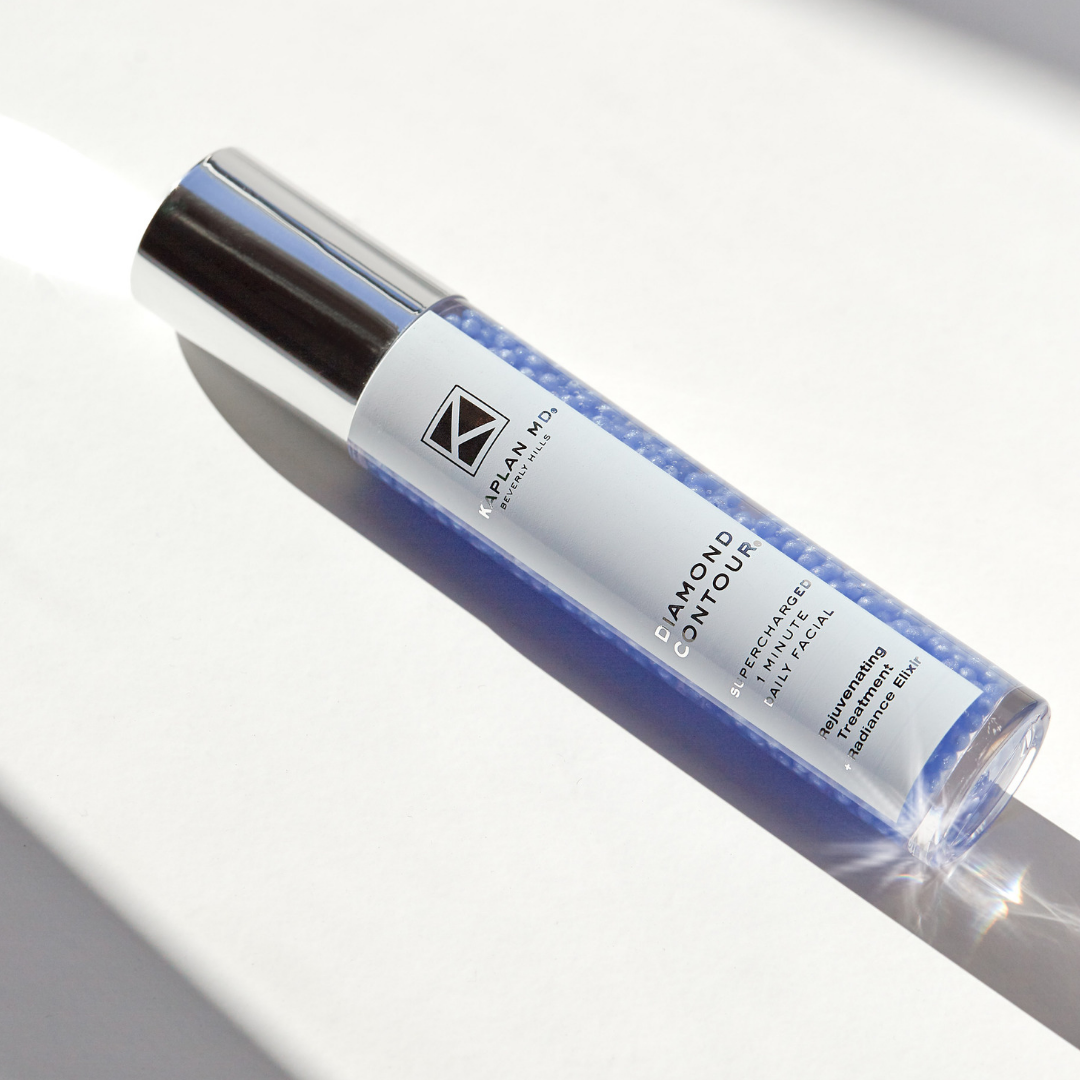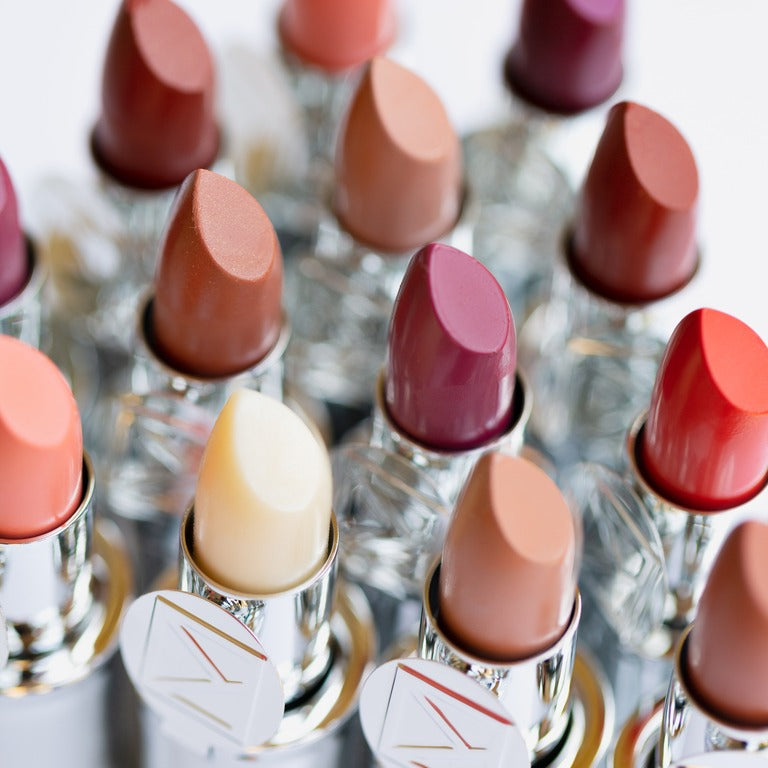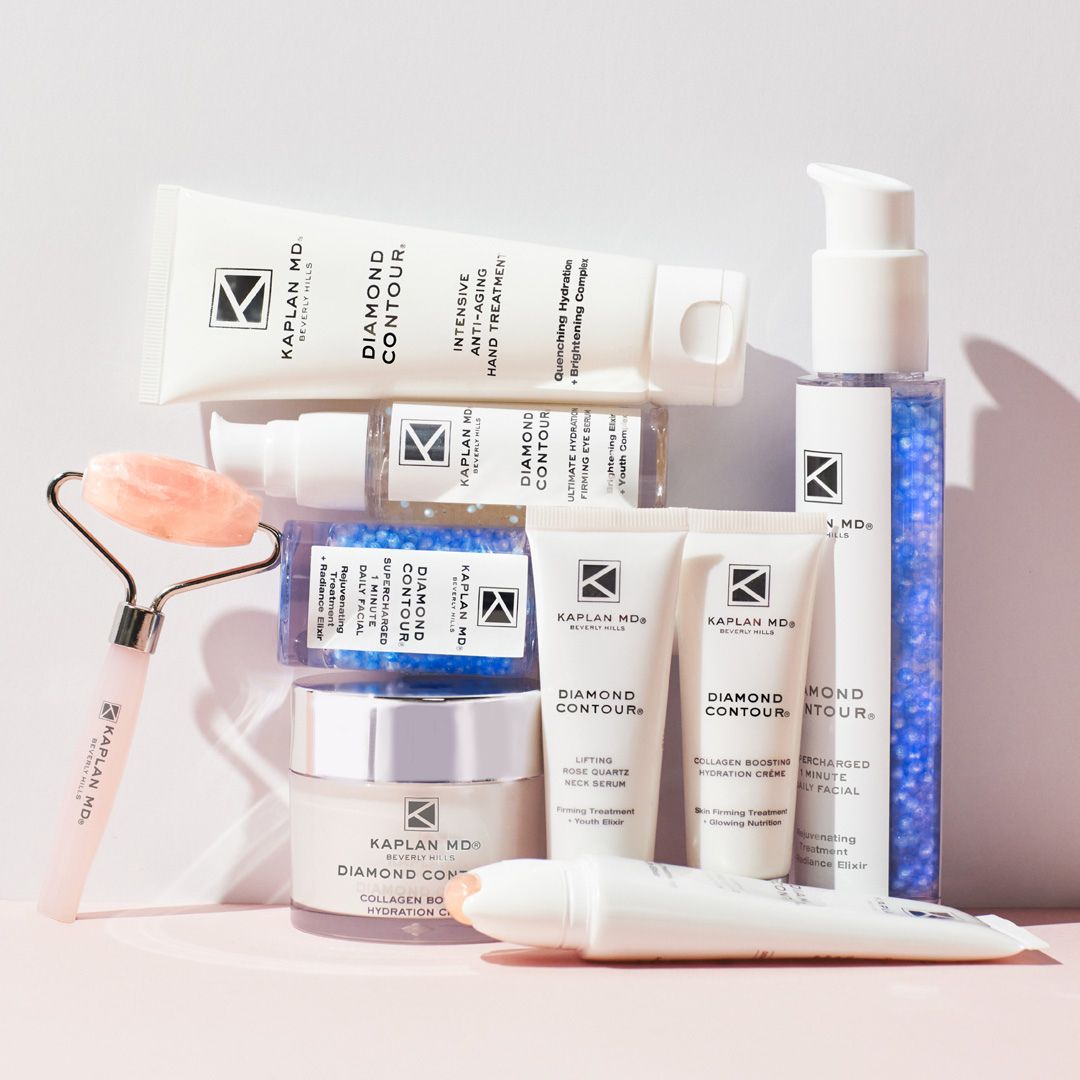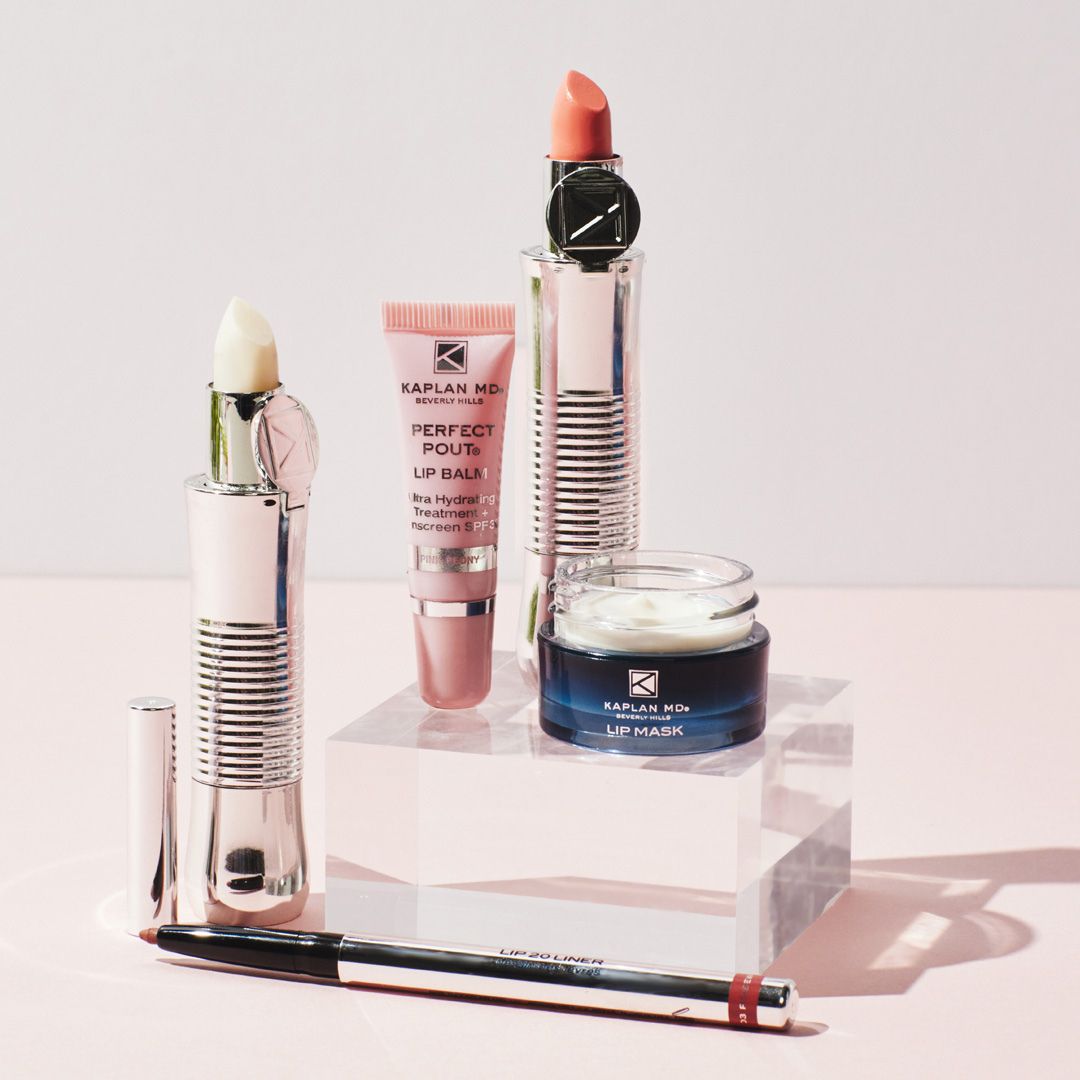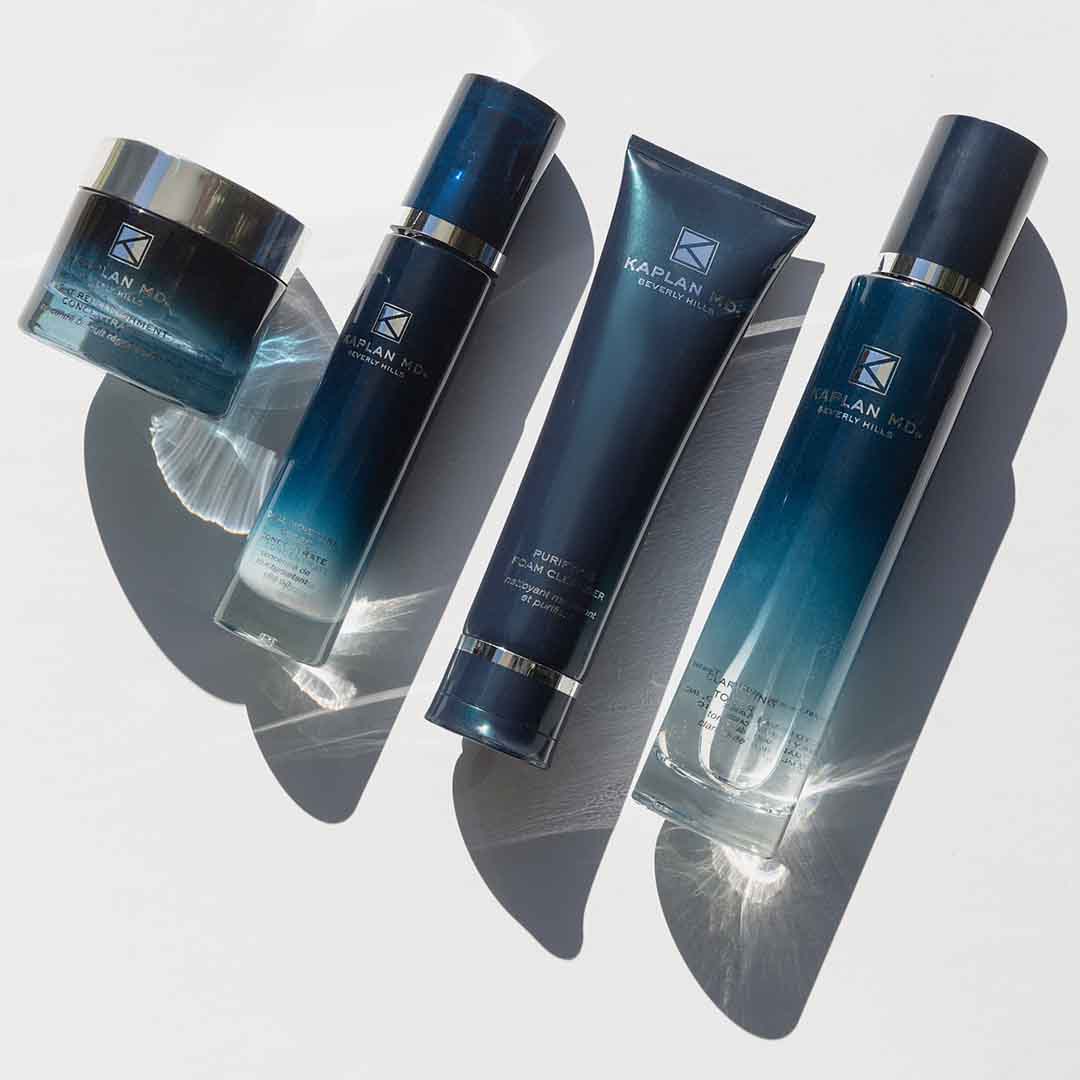Bestsellers
Collections
The Difference Between Dry and Dehydrated Skin
February 01, 2021 6 min read

When it comes to skincare, you may have come across a lot of ingredients and products that have caused you to do some research. We all do it, especially if there’s a new ingredient in a product that we don’t recognize. If we’re putting in on our skin, we should probably know what’s in it, right?
The same goes for skin conditions. If we noticed something off about our skin, we’re going to start looking into what’s going on. Sometimes it’s easy to diagnose, sometimes it’s not.
What about dry versus dehydrated skin? It seems pretty straightforward, right?
Unfortunately, it’s not.
Many of us, even the most devoted skincare lovers, view the two as one in the same, but in fact they mean two very different things for your skin. The issue here is that, depending on whether you have dry or dehydrated skin, you’ll need to use different products and look for certain ingredients.
That’s why, if you thought something was going to help your skin that feels dry, but it doesn’t seem to help with your issues, your skin may actually need something different since it’s actually dehydrated.
In this article, we’ll dive into what dry and dehydrated skin means, what to look out for in each issue, what the differences are and of course, how to treat the issues and how to prevent them.
Dry Skin
Let’s start with dry skin, something we all feel we may have experienced at some point. What you may not have realized about dry skin, is that it’s actually genetic and a skin condition that normally occurs throughout life as opposed to once in a while.
Contrary to popular belief, it’s not about water. It’s all about your skin’s oil levels, making dry skin more of a life-long condition that can be genetic as opposed to something that only happens in the winter.
To keep it simple, if you have fewer oil-producing glands on your face, you’ve got yourself dry skin. On top of that, external factors can fuel dry skin too.
This happens because depending on the weather, interior climate, and more, your cells get increasingly dried out. This leads to cells shrinking in size and eventually flaking and cracking. This is when we start seeing skin flaking off which is sometimes the first sign of dry skin for many people.
Now most of us can identify the dry skin we see on our body because it’s flaky and often can get itchy if left untreated. There’s other symptoms though, like your skin starting to feel tighter than normal. This will be especially prominent when you’ve just stepped out of the shower or bath. Your skin might also feel a bit itchy, or feel rougher than normal. You may also notice some redness and physical cracks in the skin.
Dry skin has a lot of different triggers which can include external, environmental causes -- something you can’t really get away from. One of the biggest factors for most of us? Weather.

When temperatures and humidity levels drop, as they do in the winter season, you’ll notice your skin is much drier. Unfortunately, in areas with cold winters central heaters and fireplaces also dry your skin out since they reduce humidity. So, if you live in a cold place, you’ll want to be aware of this.
If you’re a fan of steamy, hot showers and baths, you need to be aware that this can also cause dry skin. Even the soaps you use can heavily dry your skin out. Often, soaps are built to simply strip moisture from skin and remove all oils which are very important to your skin’s balance and keep it from drying out.
Dehydrated Skin
What you may have assumed dry skin was, is actually what dehydrated skin is, which is why there’s so much confusion around the two terms.
Dehydrated skin is when your skin is lacking water. No matter what your skin type -- oily or combination skin -- everyone can experience skin dehydration. So, you’ll want to always be in tune with what’s happening and how your skin is feeling.
Water is vital to your skin when it comes to keeping it healthy and youthful, that’s why it’s so important to ensure that we know exactly what it means when we have dehydrated skin.

What exactly can cause it? Well, unlike dry skin, it’s a skin condition that can appear at any time, whereas dry skin is usually something people battle for a lifetime due to oil levels. So, for this reason, dehydrated skin can be triggered by things like your diet, changes in temperature, stress levels, sun damage, lack of sleep and any other external factors that could harm skin.
Identifying dehydrated skin is easier than you may think. You may notice skin looking a bit dull and showing premature aging signs such as loss of elasticity or surface wrinkles. On top of that, you might also notice darker circles under your eyes, some itchiness and more sensitive skin.
There’s something you can try called the pinch test. If you pinch a small part of skin on your face, hands or anywhere else for three seconds, and it doesn’t immediately snap back into place then you’re likely experiencing dehydrated skin.
The Difference?
Now that we’ve gone through both, let’s talk about the key differences between the two. Firstly, the most prominent difference many people don’t know about is that dry skin has to do with oil levels and dehydrated skin has to do with water levels.
Now, there’s also some key differences in terms of symptoms. As you would have read above, dehydrated skin has a more overall effect on the look of skin in terms of dullness and general aging signs. On the other hand, with dry skin, you’ll physically see skin appear flaky and feeling tight. These are two things to keep in mind when diagnosing at home and figuring out what products you’ll need for treatment.
Speaking of which, knowing these differences are essential because what your skin needs in order to treat these skin issues also differs.
So, let’s talk about what you need to help treat these skin issues.
How To Treat Dry Skin
To prevent dry skin and relieve symptoms, you’ll want to focus on a few things. One is moisturizing, you’ll want to invest in a moisturizer that works intensely to fight dryness, like our Night Replenishment Concentrate.

On top of moisturizer, you’ll also want to limit your hot water exposure and skip the soaps that dry out your skin. Focus on products that actually feed your skin ingredients it needs, instead of stripping away oils.
Within your skincare routine, you’ll also want to think about including a face oil that deeply relieves the symptoms. Something like our Hydrating Essence Beauty Oil will help do the trick. That’s because it houses 8 different essential oils that focus on rebuilding those oil levels within your skin.
If you’re prone to dry skin, you’ll also want to make sure you’re focusing on moisturizing your lips too. So using deeply hydrating lip masks (like our Perfect Pout Lip Mask) and lip products (like our Perfect Pout Lipstick) is essential to keeping your lips healthy with minimal dryness.
What to do for Dehydrated Skin
Now, in terms of dehydrated skin you’ll want to focus on some different things in your routine.
First off, you’ll want to rethink how you’re exfoliating. Harsh exfoliators may make you think you’re helping your skin, but in fact they usually enhance the issue. You’ll want to make sure it’s a gentle exfoliator that you’re using, like the Cell Renewing Microfoliant.
If you’re not already using a serum that houses hyaluronic acid, you’ll want to add this to your roster as well in order to avoid dehydrated skin and treat it. For example, our Cellular Rejuvenating Concentrate (a favorite amongst our VIPs) houses two different types of hyaluronic acid at a 50% concentration to battle against exactly this.

You don’t want to forget about other areas of your skin though, and your neck is one place that’s often forgotten. When your skin’s dehydrated, you’ll want to also make sure you’re using an appropriate serum on your neck. That’s why we created the Diamond Contour Lifting Rose Quartz Neck Serum which focuses on hydrating skin, reducing wrinkles and much more.
Lastly, like dry skin, you’ll want to make sure a deep moisturizer is included in your routine. On top of our Night Replenishment Concentrate, ensuring you’re using a daytime moisturizer is important too. You’ll want to make sure you’re using something like our Daily Moisture SPF 30 Concentrate so that you’re also protecting your skin from those harmful environmental stressors that worsens your skin issues.
Also in Beauty News & Tips

Glow Delay: How to Reset Your Skin After Travel, Late Nights, and Long Flights
April 24, 2025 3 min read
Read More
The Secret to Sculpted, Lifted Skin? It’s Simpler Than You Think
April 02, 2025 3 min read
Read MoreGet 15% Off Your First Purchase
Stay in the loop with exclusive discounts, expert skincare tips, the latest news, and more. Don't miss out on the opportunity to elevate your skincare routine and save on your favorite products.

